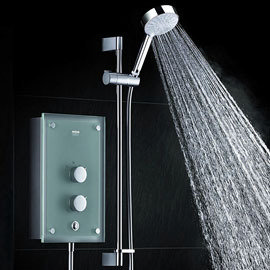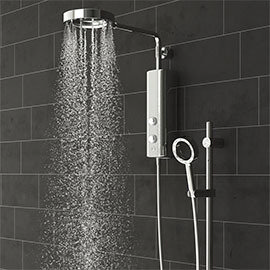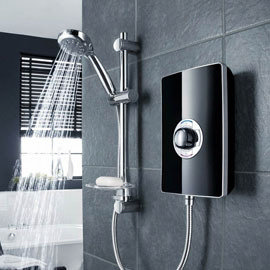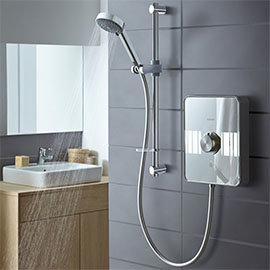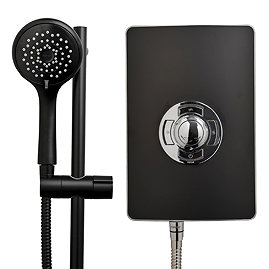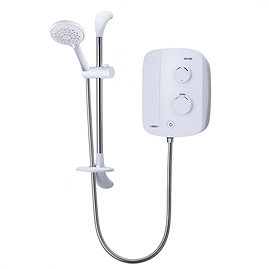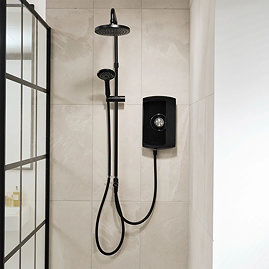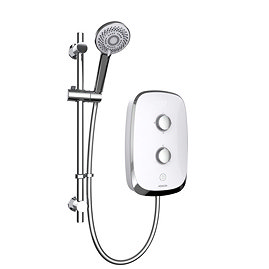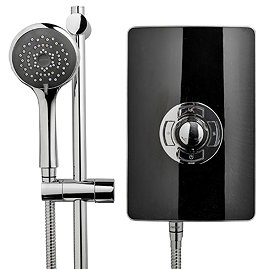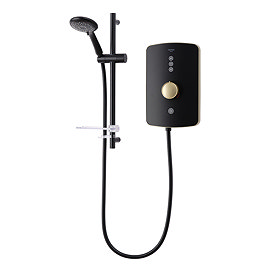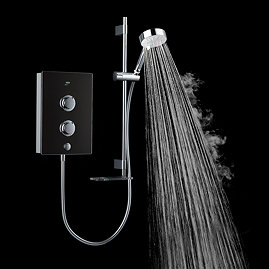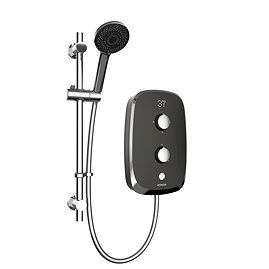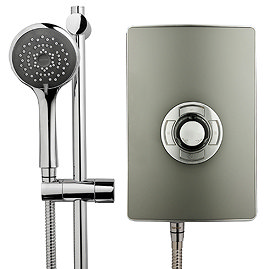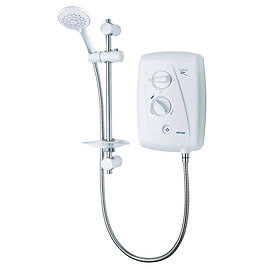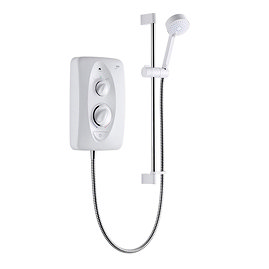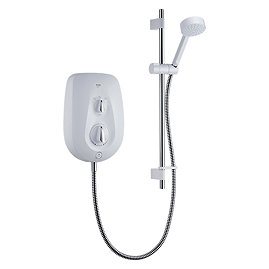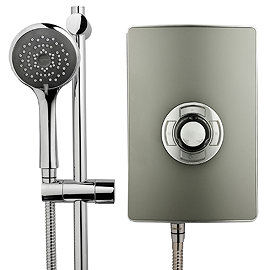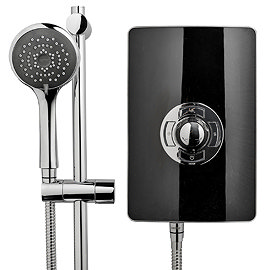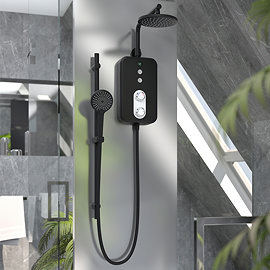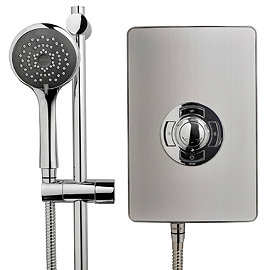Grab Up To 60% Off In Our February Sale!
Plus an extra 10% off our Arezzo range with code AREZZO10. Code ends in:
Electric Showers
Shop By Type
Filter By
Sort By
View:
View:
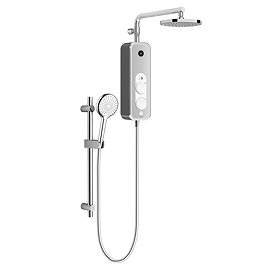
SALE
Premium
£399.95
Was £449.95
Finance from £14.99/month
In Stock

SALE
Premium
£249.95
Was £299.95
33 left in stock
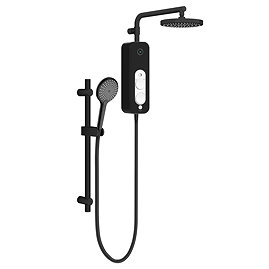
SAVE 22%
Premium
£349.95
Was £449.95
Finance from £13.12/month
8 left in stock
1
2 out of 5 review stars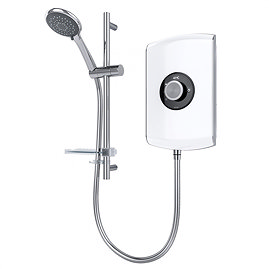
SALE
£274.95
Was £284.95
Finance from £10.31/month
Low Stock
2
5 out of 5 review stars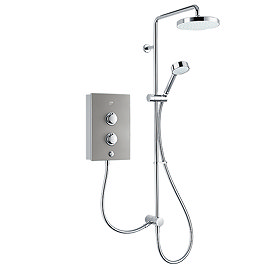
SALE
£379.95
Was £463.45
Finance from £14.24/month
In Stock
1
4 out of 5 review stars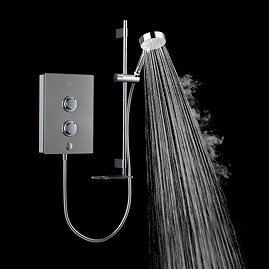
SALE
£229.95
Was £278.05
In Stock
1
4 out of 5 review stars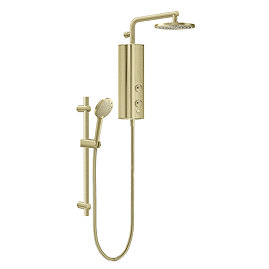
Premium
£549.95
Finance from £20.62/month
Due 10th Feb
9
4.6 out of 5 review stars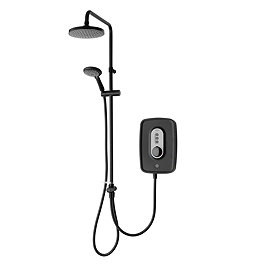
SALE
£299.95
Was £319.95
Finance from £11.24/month
In Stock

SALE
£219.95
Was £267.75
In Stock
2
5 out of 5 review stars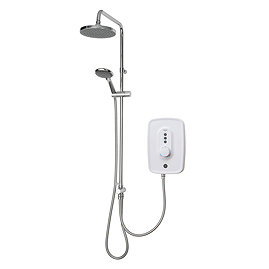
SALE
£249.95
Was £269.95
In Stock
4
5 out of 5 review stars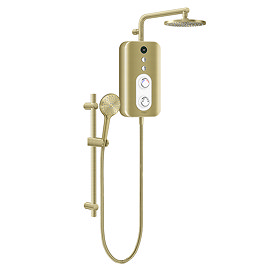
Premium
£499.95
Finance from £18.74/month
Due 10th Feb

SALE
£269.95
Was £289.95
Finance from £10.12/month
Low Stock
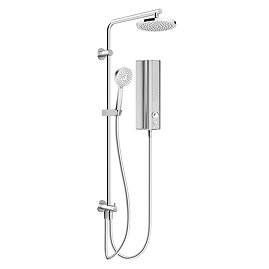
Premium
£449.95
Finance from £16.87/month
In Stock
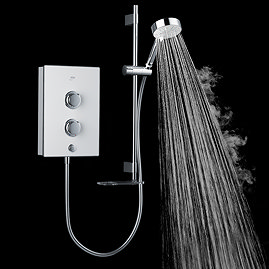
SALE
£229.95
Was £278.05
In Stock
1
5 out of 5 review starsRecently Reviewed
Review From Trustpilot
6th February 2026Great product at a good price
R H- verified purchaser
Lovely shiny black shower!
3rd February 2026Very nice looking shower, complements my black glittery tiles perfectly!
Janet T from Kent- verified purchaser
Shower rainhead
31st January 2026Rainhead support arm damage. But I had the one from my previous one so no problem.
Stewart P from Staffs- verified purchaser
Shower
28th January 2026Great product and very pleased with these items unit and all the different access points for pipes and electrics
Sarah E from West Sussex- verified purchaser
